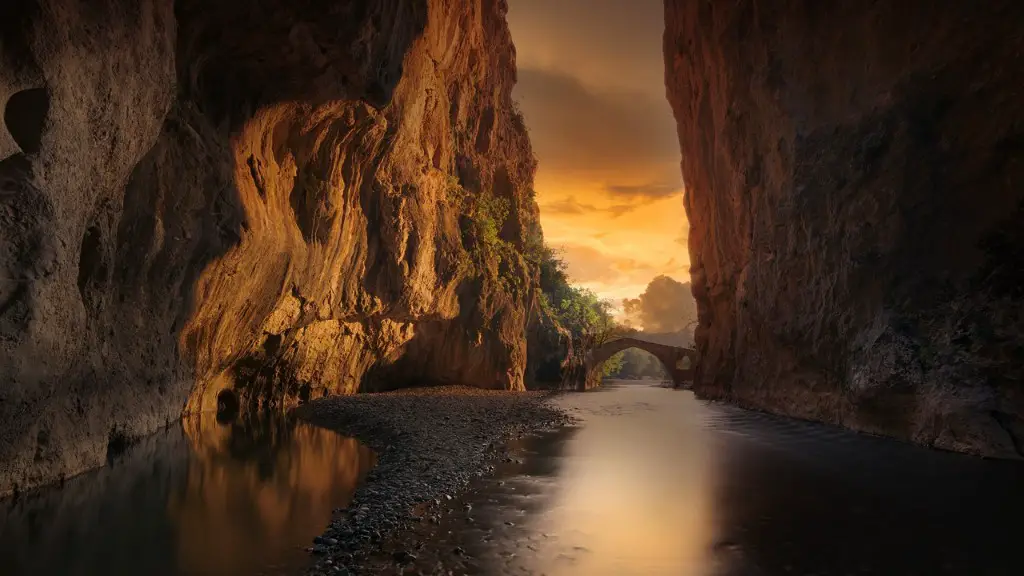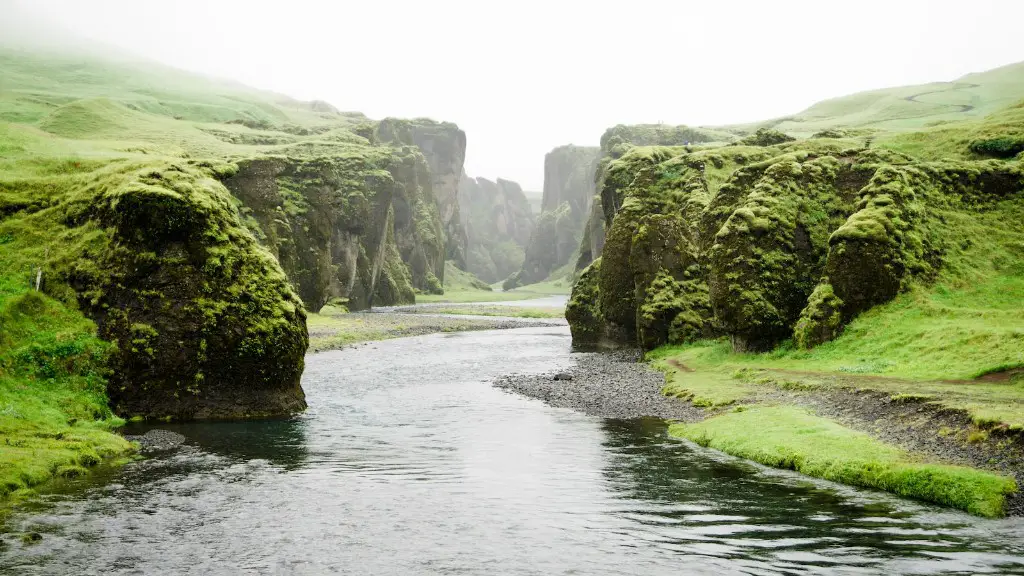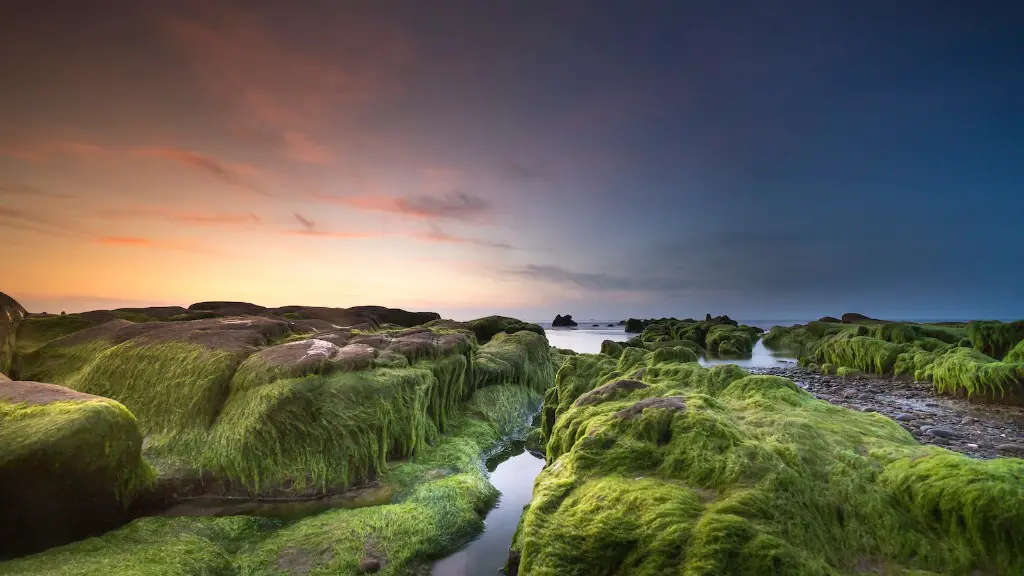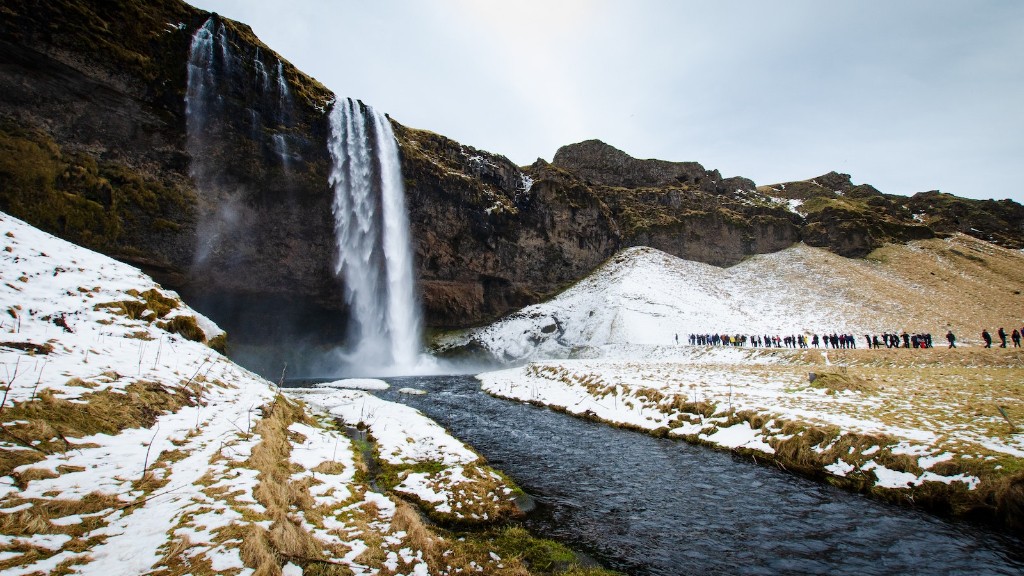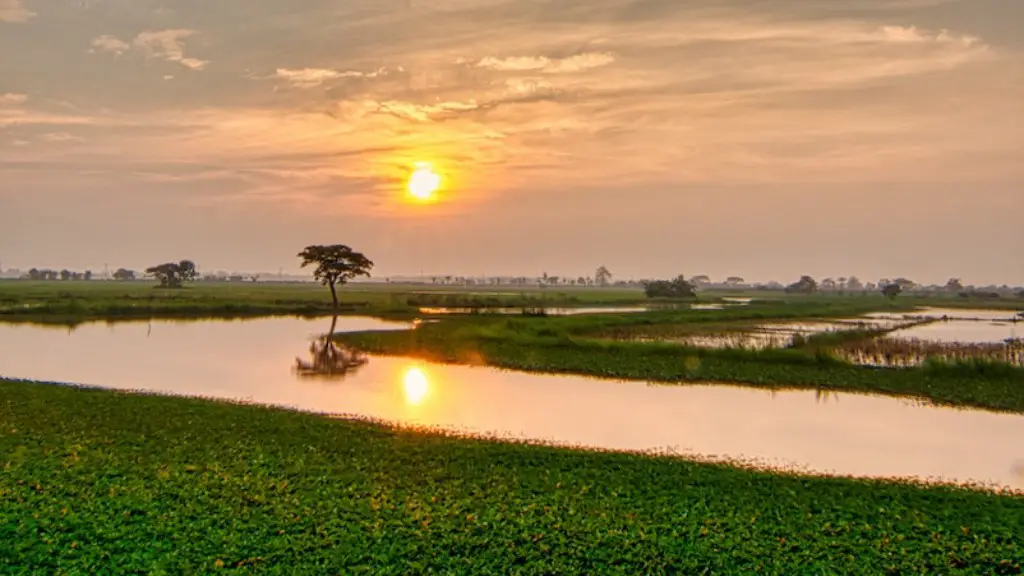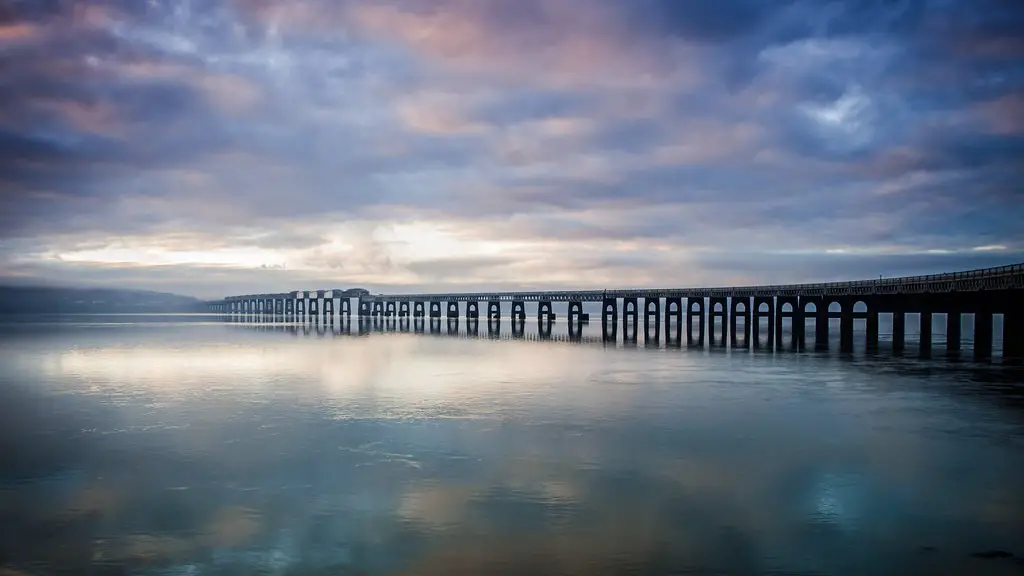The Mississippi is not just a mighty river, but has been an important part of the United States’ culture and history since its very founding. From the Native American societies found near it, to the steamboats that took early settlers further into the Midwest, it’s been part of some of the greatest moments in US history. But what states does the Mississippi River flow through?
The Mississippi River begins in northern Minnesota and flows 2,350 miles to the Mississippi Delta in Louisiana. Along the way, it flows through 10 states, all of which border or touch the river in some way. The states that are near the Mississippi River and can consider it a border, or a part of the social, economic or political landscape are, in order they appear along the river: Minnesota, Wisconsin, Iowa, Illinois, Missouri, Kentucky, Tennessee, Arkansas, Mississippi, and Louisiana. These states comprise the greater region known as the Mississippi Delta, and are considered all part of the same shared river culture.
The Mississippi River has been an important resource for all of these states, whether for their economies, their history, or their art and culture. Entire towns and cities have been built along the river, and it serves as an important trade artery for the region. But it’s not just its economic benefits that draw people to the Mississippi River. The beauty of the river, its wildlife, and the places it passes through bring visitors from all over the world.
Historians and archaeologists have found that people have been living and traveling along the Mississippi River since the dawn of human civilization. Native American societies and tribes like the Chickasaw, Choctaw, and Natchez were the original inhabitants of the region. Traveling down the Mississippi in boats and canoes, they were some of the first to discover and settle the lands around the river. European settlers followed in their footsteps, and eventually the Mississippi became an important part of American history, politics, economics, and culture.
For many people living in the states near the Mississippi River, the river is a symbol of their heritage and culture. Small towns along the river have their own unique history and traditions, and the river itself is often seen as a source of pride. In the Delta region of Mississippi, the river is so central to the state’s identity that “Mississippi” itself is a word taken from the Chippewa language, meaning “great river”.
Effects of Pollution
The Mississippi River is also an important source of fresh water, but it has suffered from significant pollution over the years. Much of the pollution is caused by runoff from agricultural areas, but it can also be attributed to industrial and commercial activities on the river. The pollution has led to a decrease in aquatic life in the river and some areas have been deemed far too polluted for fishing or any other recreational activities.
In recent years, however, there has been an effort to reduce the pollution in the Mississippi River. Regulations to reduce runoff from farmlands, as well as plans to curb industrial and commercial waste have been put in place. There is also a growing effort to create wetlands and restore native species to the areas surrounding the Mississippi.
The states near the Mississippi River are also investing in improvements to the river itself. Projects like bike trails and water parks are being built to attract people to the banks of the Mississippi. As well, many of the cities along the river are promoting tourism and recreation to help draw people to the area and bring in economic development.
Preservation of The River
The Mississippi River is also under constant protection, as it is one of the nation’s most important water sources. Local and federal governments are working to clean up the river and protect the aquatic life that inhabit it. Many of the states near the river are also protecting the river’s wildlife, creating sanctuaries for birds, fish, and other animals.
One of the most prominent conservation efforts is the Upper Mississippi River National Wildlife and Fish Refuge. This 1.2 million acre refuge covers a 165 mile stretch along the Mississippi and was established to restore and preserve the habitats of the region. It is home to a wide variety of animals, from ducks and songbirds to beavers and bald eagles.
The Mississippi River is a vital part of the identity of these states, and all of them are working hard to protect it. Efforts such as the Upper Mississippi River National Wildlife and Fish Refuge and the regulations put in place to curb pollution are helping to ensure a bright future for the river and the people living along it.
Economic Benefits
The Mississippi River also provides significant economic benefits to the states that it passes through. As an important trade artery, it transports goods through the Midwest, providing jobs and economic activity to local communities. It also serves as a major source of hydroelectric power, and is home to many ports and factories.
The economic benefits of the Mississippi River are particularly evident in the Delta region of Mississippi. This area has seen a massive revitalization thanks to the river, with numerous casinos and resorts, as well as businesses and tourism centers. In fact, the river is so important to the region’s economy that Delta towns have grown significantly in recent years.
The Mississippi River is also an important source of tourism for the states it passes through. Visitors come from around the world to see the beauty of the river, as well as to participate in fishing, boating, and other recreational activities.
The states along the Mississippi River are tied together by its unique history, culture and economy. Despite the pollution and economic downturns the region has faced, they remain proud of the river and work hard to protect its fragile ecology. Though it can sometimes be taken for granted, the Mississippi River will continue to be a vital part of American history and culture for many years to come.
Mississippi River Parks
The states that the Mississippi River passes through are home to numerous parks and natural areas, allowing people to explore and appreciate the beauty of the river. The most popular of these parks are the Great River Road Scenic Byway, a 125-mile stretch of road which provides stunning views of the Mississippi and its wildlife, and the Mississippi National River and Recreation Area, which offer numerous trails and educational programs.
For those who like to stay closer to the river, there are camping opportunities on the banks of the Mississippi as well. Wisconsin’s Wild River State Park offers camping, trails and boat launches, while Iowa’s Steamboat Rock State Park allows for kayaking, canoeing and bird-watching. In addition, there are dozens of other parks, nature preserves, and historic sites along the Mississippi, making it a great place to explore.
Other popular tourist attractions along the river include the Gateway Arch in St. Louis, the Elvis Presley birthplace in Tupelo, Mississippi, and the Riverwalk in New Orleans, which offers a unique view of the city. There’s something for everyone on the Mississippi, from laid back relaxation to thrilling adventures.
Mississippi River Wildlife
The states alongside the Mississippi River are home to all sorts of wildlife, with countless species of birds, fish, reptiles, and mammals inhabiting the area. The white bass and channel catfish can be found in abundance, as well as alligators, turtles, beavers and muskrats.
The birdwatchers in the region will be delighted, as the Mississippi is home to many species of shorebirds, wading birds, and waterfowl. Bald eagles, osprey, common merganser, grebes, and pelicans are all commonly seen along the river. Mammals such as coyotes, deer, raccoons, and bobcats are also often seen in the river’s wooded areas.
As of 2020, more effort has been put into conserving these species by banning fishing and recreational activities along certain sections of the river, and enforcing stricter regulations on hunting and trapping. The states around the Mississippi River are committed to preserving both its wildlife and its beauty for generations to come.
Exploring the Mississippi River
The Mississippi River is full of stories, from the first Native Americans who explored it to the European settlers who followed suit. From the small towns that sprang up along its banks to the cities that arose in its wake, the river has always been a part of American culture.
Today, the Mississippi River is still an important part of the region, and a great source of pride for locals. It’s a great place to explore, whether you’re looking for a day of fishing or just want to soak up the scenery. Wherever you go, the Mississippi River will always be an unforgettable experience.
